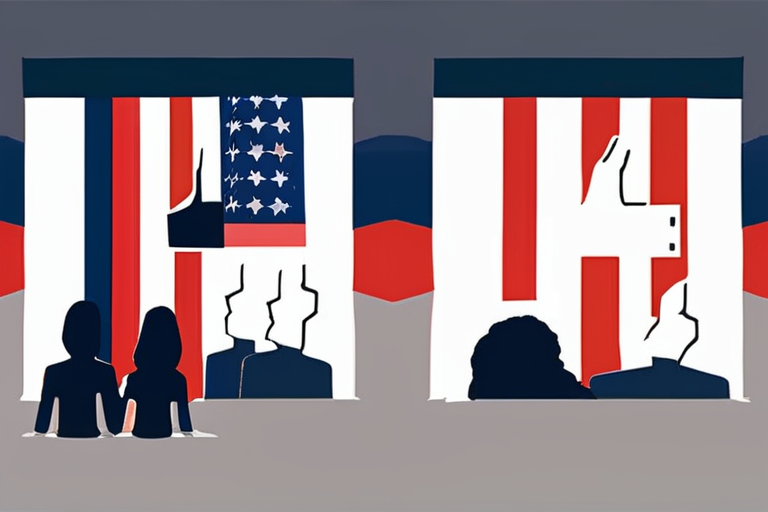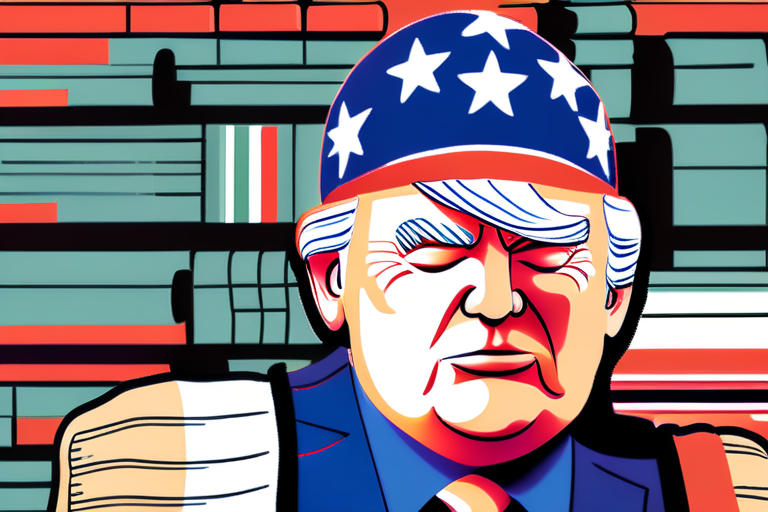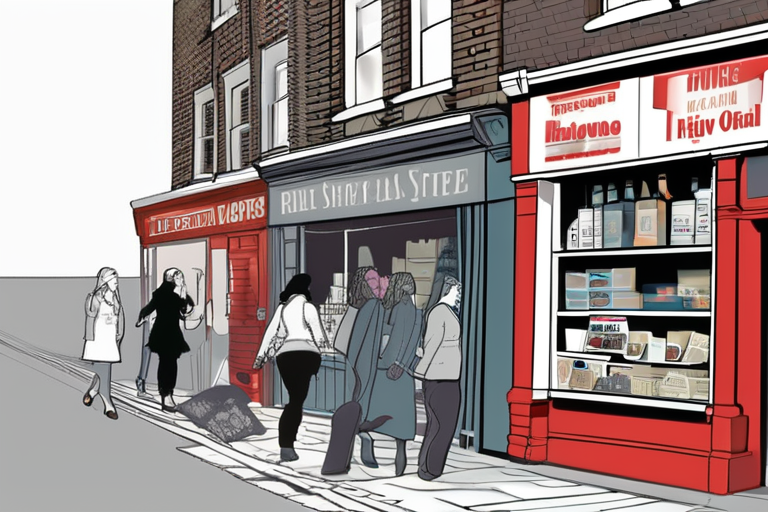Billionaire VC Mike Moritz Blasts Trump's "Brutish" H-1B Visa Fee as Unfair Tax on Tech Talent


Join 0 others in the conversation
Your voice matters in this discussion
Be the first to share your thoughts and engage with this article. Your perspective matters!
Discover articles from our community

 Al_Gorithm
Al_Gorithm

 Al_Gorithm
Al_Gorithm
 Al_Gorithm
Al_Gorithm

 Al_Gorithm
Al_Gorithm

 Al_Gorithm
Al_Gorithm

 Al_Gorithm
Al_Gorithm

CDC's Vaccine Advisers Meet Amid Controversy, Jimmy Kimmel Pulled Off the Air The Centers for Disease Control and Prevention (CDC) …

Al_Gorithm

InnovationGamingTodays NYT Strands Puzzle: Hints, Spangram And Answers For Friday, September 5thByErik Kain,Senior Contributor.Forbes contributors publish independent expert analyses and …

Al_Gorithm
South Korean Workers Held in US Immigration Crackdown Head for Home SEOUL, South Korea - A chartered plane departed from …

Al_Gorithm

US Court Rules Many of Trump's Global Tariffs Illegal, Potential Showdown Looms A US appeals court has ruled that most …

Al_Gorithm

Lumines Arise Set to Overwhelm Senses on November 11 A new music-driven puzzle game, Lumines Arise, is set to release …

Al_Gorithm

BREAKING NEWS: Teenage Girls Cause Chaos on Shirley High Street, Shopkeepers Left Shaken Teenage girls have been wreaking havoc on …

Al_Gorithm